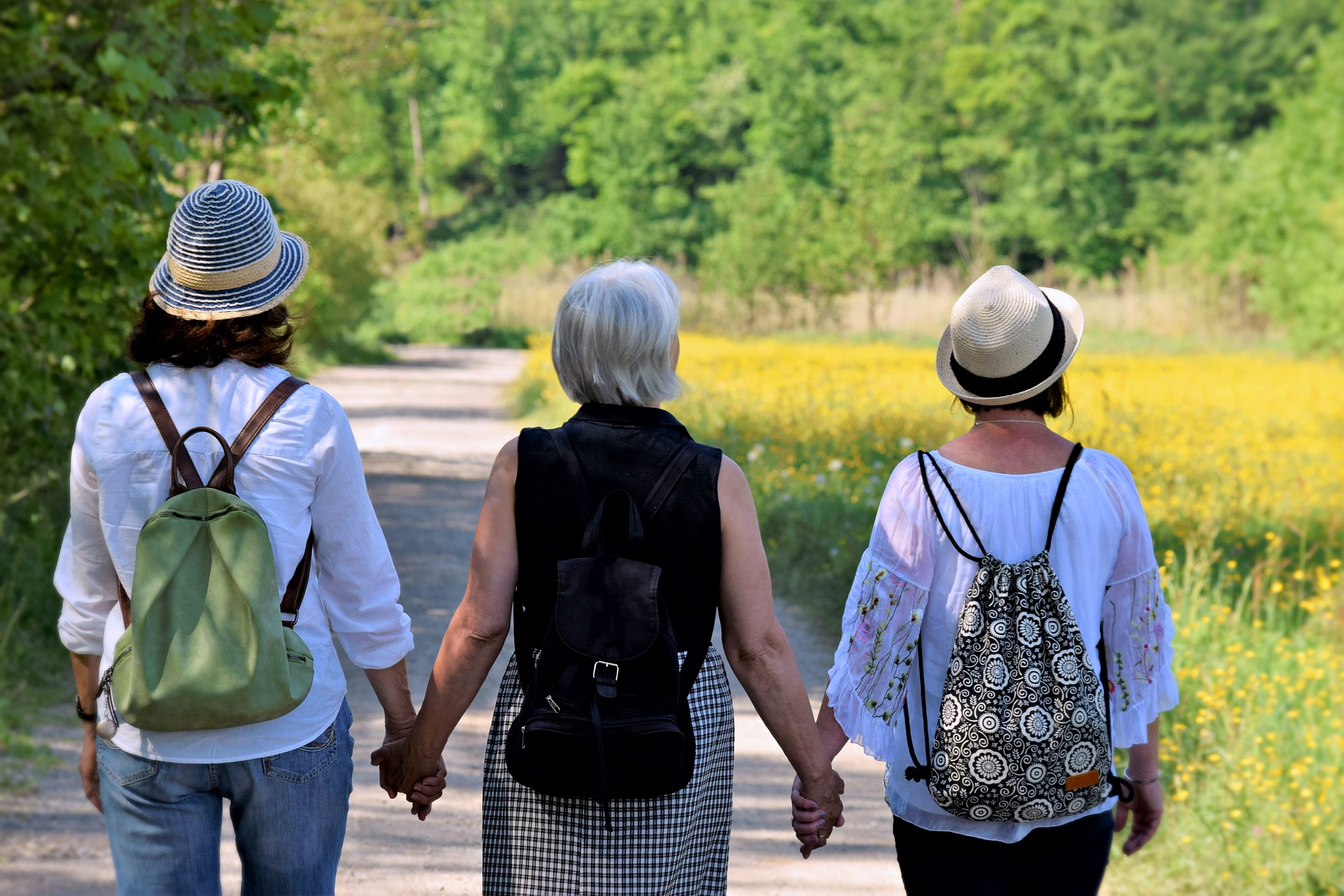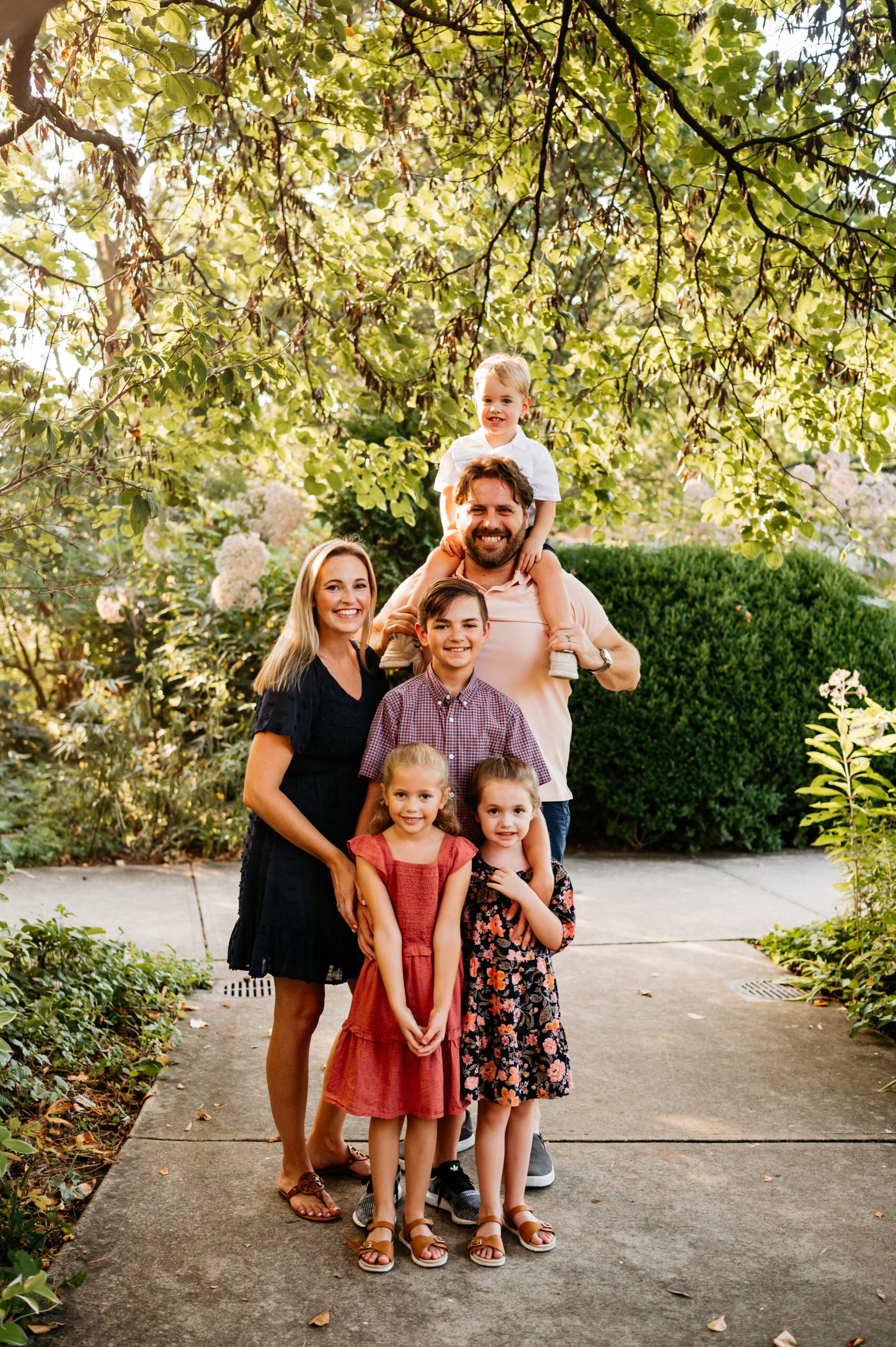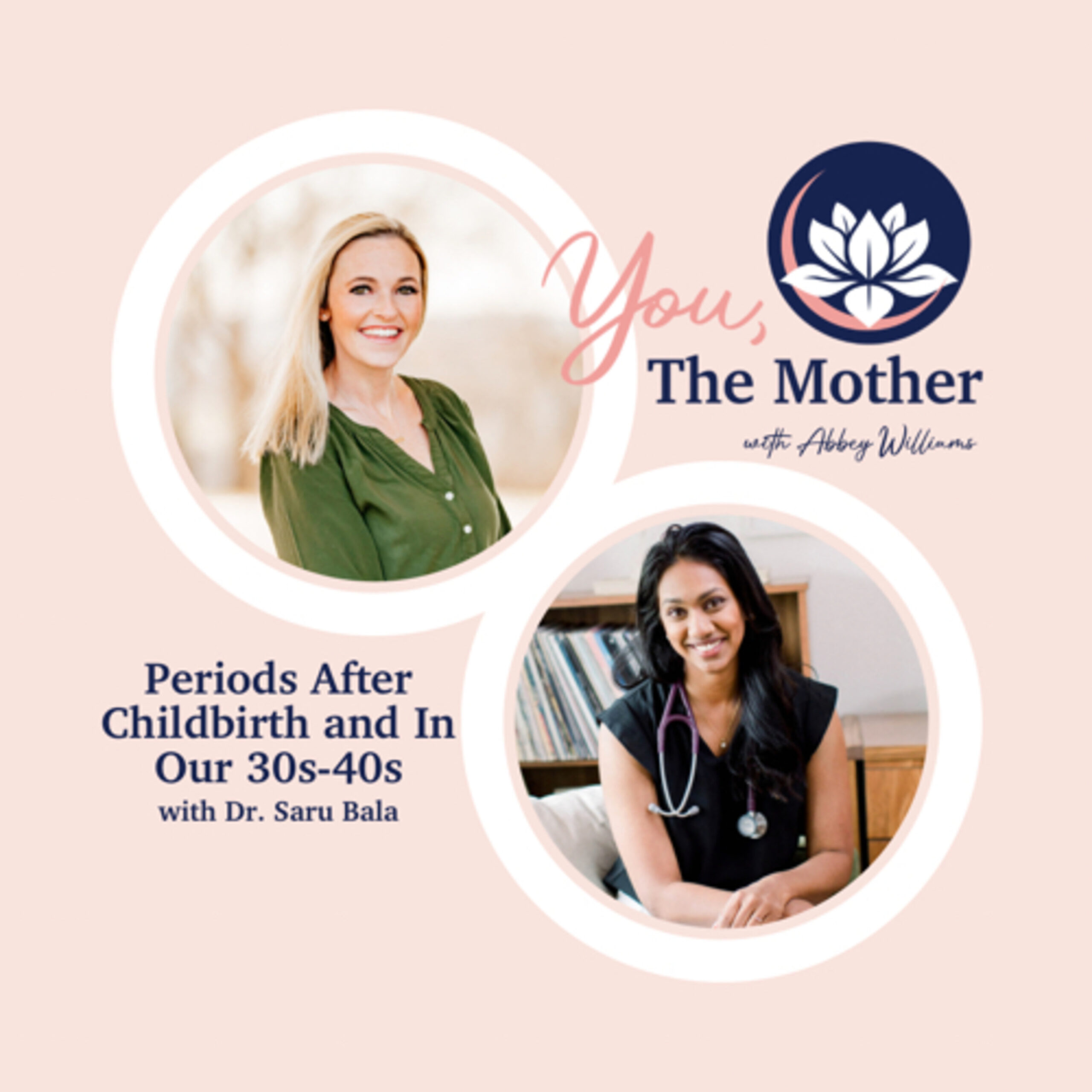In this week’s episode of the You, The Mother Podcast, I welcome on Dr. Tanya Colter to discuss intergenerational trauma and what it means to be a cycle breaker. Dr Tanya is a clinical psychologist who specializes in reproductive and maternal mental health, and parent-child attachment. As both a child and an adult psychologist, she is uniquely able to understand and relate to parents and their children. Dr. Tanya’s clinical work is supported by her doctoral research and thesis focused on the primary attachment relationship formed between a child and parent and the role it plays in a child’s emotion regulation, ability to connect, and feelings and thoughts about themselves and others.
Dr. Tanya previously joined me on the podcast to discuss the “good enough mother,” and the value of rupture and repair to the attachment relationship as opposed to perfect attunement. She shared how mom guilt and the not feeling “enough” is very common in her work. Dr. Tanya walked us through how to establish healthy bonds with our little ones. This is a great follow-up conversation to that episode where we can learn how to form healthy attachments without feelings of guilt and stress.
The parent-child attachment bond is not just the one currently in front of us, but is also the one with the parents came before you, your own parents, grandparents, etc. It is the generations of parents that came before you. You may not realize but much of the way you parent stems from the way your ancestors parented before you.
The complex intergenerational trama we refer to stems from the intersection that exists between nature and nurture in parenting. On the nurture side of things, you are recreating the conscious parenting that you received. However, on the nature side of things, science now shows that we have genetic imprinting that can be carried through generational trauma. For example, trauma that your ancestors may have gone through years before your existence, imprinted on their nervous system and in turn could have been passed down to you.
It is imperative to understand that through both nature and nurture this intergenerational trauma lives not only in the body but in the mind, and by understanding this concept, we can work towards healing.
Now that we understand that nature plays a part in the genetic disposition of our parenting, I had to ask an important question to Dr. Tanya. If you are the parent of more than one child, are all of your children predisposed to the same genetic makeup, do they all inherit something differently or the same?
Her answer was something we can all relate to. Picture this, you are seated around a dinner table with your now adult siblings talking about your childhood. It may be shocking that you all have a different story to tell and a different memory of the parents you grew up with. You may find yourself thinking (or even saying outloud) “did we have the same mom?”
While it is true that we parent each child differently, it is also inherently true that the different temperaments of each child may trigger different parts of our nervous system. So because of the way one child may trigger you could cause you to have a shorter fuse with that child. It is a song and dance of sorts – this is not just about the child but it is about you and the child and your dynamic together. What do you have in each other that is causing a triggering of the nervous system activation. Your own mother experienced this and that is why your siblings are now sharing a different version of the same childhood and how you each dealt with, processed, or grew from the trauma.
Trauma is not always the objective thing or event that occurred, rather it is the wound that was created inside you, how you felt about it, how you made sense about it. If it was just the event that we are talking about, unfortunately you cannot change what happened, but the wound that was created and how you felt about it is malleable and shiftable, allowing you to cope with the trauma or stress differently than your siblings.
The key cause of intergenerational trauma is the shame and more often the silencing surrounding it. We have all experienced some type of trauma growing up but it was never talked about, until now. More often, there was the child who was the “speaker” of the family vs. the child who pushed things to the side. We recognize this as the conscious vs. unconscious understanding of intergenerational trauma. If you were the speaker than you were more conscious of the trauma and now you are naming it, you are speaking about it, and you are recognizing it. Welcome to the concept of cycle breaking.
Today, the Gen X and Millenial parents are beginning the movement of cycle breakers. Our generation is more educated, we have more information available to us, and we are ready to talk about the trauma we have experienced.
One of the reasons people didn’t talk about or know more about this trauma is because of the silencing that has been encouraged for years. However, the way we start to figure out how to break the cycle is through our own healing journey.
Let’s take a moment to understand how trauma can be passed down through generations.
A shutting down of one’s needs – you or the parents before you may have experienced a need to shut down the pain you are feeling because an ancestor before you experienced bigger and worse trauma. For example, what you are going through cannot even relate to the great great grandfather who was a Holocaust survivor, thus your trauma is not as validated or important to recognize.
Protectiveness over an ancestor – This happens most often with an ancestor who is deceased. We may not want to know or understand the trauma that was caused because we want to hold them as a positive memory in our mind rather than recognize their wrongdoings.
Hopelessness– This is when we feel the trauma will never be resolved so what is the point. Instead of trying to work through what went wrong, we focus on things such as, they are deceased now so what is the point or for those who are estranged with family members you may think, we can only fix this in family therapy and that won’t happen so I won’t even try.
All of these reasons revolve around a lack of consciousness or a desire to push away. You will see this avoidance of your trauma in ego-defenses where you do anything or all of the things to avoid the pain. This avoidance can lead to things such as addiction, compulsive behaivor, the inability to have any type of big feelings, etc., all because you are trying to push away trauma that is very much held in your body. However, what you are not realizing is that many of these avoidances are in fact the way intergenerational trauma surfaces.i
So how do we help the newfound cycle breakers, you know the the ones who thought everything was fine growing up and then had the a-ha moment that in fact everything was not fine start this journey? But then as you have more children who have behaivors that arouse some of the trauma that you pushed away, now what?
Maybe you grew up thinking everything was fine and your childhood had no issues, but then you were met with one of your own children who has behaivors that have aroused the traumas you previously supressed. This happens more often than not. As we grow up, we find ourselves in a cycle of doing all the things that we think serve us. We throw ourselves into school and work because we are receiving the praise and recognition we didn’t realize was lacking. However, what we are not doing is recognizing how this cycle of overworking and overcompensating makes us feel inside. Enter the exhaustion and fatigue and the realization that you have been avoiding the recognition of past trauma. Before you can truly enter into the full cycle-breaking journey, you need to take a moment for you.
How to calm your nervous system?
Therapy – If therapy is accessible to you, do it. Dr. Tanya recommends specifically trauma informed therapy because it is going to uncover the uncomfortable past and you will need to hold onto your nervous system and the lending nervous system of your therapist to help you through this work.
Breathwork – Consciously and intentionally developing a breathwork practice before anyone wakes up can help you to start your day or practice mindful meditation, there are so many resources out there to help you with this work.
Progressive relaxation muscle work – When you learn where you hold the tension in your body, you can work to release it. Knowing the specific muscles you need to release can be so beneficial to your healing.
Family mapping – Building and understanding the narrative around your family is hugely important to help you know your story and talk about it, this understanding of how the trauma tracks back can help you to feel held, known, seen and heard.
The hope that is whoever listens to this episode takes hope from this rather than hopelessness.
When we show up activated, we are not showing up as the mom we want to be. Your patience is not there, you are yelling, and at the end you experience the guilt of feeling like a bad mom. When you recognize this feeling, you can focus on the importance of repair and that is when you enter into the journey of being a cycle breaker. You are leaning into the understanding you will not always be a perfect mom, we have messy parts that we are healing and growing alongside our children, but you are consciously making the decision to show up differently. You are going to keep trying hard, give yourself compassion, repair and apologize to your children and model all of these things for them so that this next generation knows what to do.
Cycle breaking can be overwhelming, it is ever-evolving work that you are going to do. But by acknowledging that you are ready to break the cycle of intergenerational trauma you are moving it from those past silenced days, out of the shadow and into the light. Give yourself grace and patience, you are going to have moments of reactivity, you will be triggered by your child, but in the next moment, you will repair that and that will be what is different than the generation before you.
You can find support as you break intergenerational trauma cycles in you family on Dr. Tanya’s website and Instagram.
Supporting, You, The Mother,
Abbey Williams, MSW, LSW




